The Africa Fair Seaweed Finance Facility (AFSFF) is an initiative that aims to transform East Africa’s coastal seaweed farming sector through Climate financing using the CLEAR model. This is through a partnership between Tanzania’s Aqua-Farms Organization (AFO) and Kenya’s Mawimbi Ocean Innovation. This groundbreaking initiative strengthens climate resilience, enhances productivity, and improves livelihoods in coastal communities. With support from SDG Impact Finance, Convergence Blended Finance, and the Ocean Risk and Resilience Action Alliance (ORRAA), AFSFF implements its vision through a strategic two-phase approach.

To establish a solid foundation for this ambitious project, the initial phase focused on comprehensive feasibility and foundational research to understand seaweed farming dynamics along the East African coastline. A research team conducted an intensive 19-day field study across Tanzania and Kenya’s coastal regions, including:
Southern Tanzania
- Kilwa District: Masoko, Songo Songo, and Kivinje
- Lindi Town: Mchinga 1 & 2, Ruvu, and Kitumbi Kwale
- Mtwara: Msangamkuu, Msimbati, Nalingu, and Naumbu 1 & 2
Northern Tanzania
- Tanga: Pangani, Sahare, Moa, Mwaboza, Ndumbani, Zingibari, Tawalani, and Mwandusi
Building on these extensive field studies, the research revealed several critical insights about the seaweed farming sector:
Traditional practices remain deeply entrenched, highlighting opportunities for introducing innovative, sustainable techniques through targeted training programs. Furthermore, farmers face persistent challenges including market volatility, buyer inconsistency, price instability, and climate-related risks, which collectively impact productivity and income stability.
In examining the workforce demographics, the study found that women comprise a significant portion of the seaweed farming workforce, which is more than 70%, emphasizing the importance of expanding their leadership roles and decision-making authority. Additionally, while many farmers operate in informal groups, formal registration could strengthen their resource access and market negotiating power. Moreover, limited financial literacy, particularly in cost-benefit analysis and financial planning, undermines their economic resilience.
Armed with these valuable insights, the second phase builds on Phase 1 findings through practical interventions beginning in the Tanga seascape region, implemented in partnership with ORRAA and Phase 1 collaborators. Key initiatives include:
- Establishment of VSLA’s groups and CLEAR Model Integration: Aiming to work with the community in formalized groups of VSLA’S and in turn implementing AFO’s Coastal Livelihood Entrepreneurship for Adaptation and Resilience (CLEAR) Model to guide sustainable development practices.

- Market Development: Creating stable market connections to ensure consistent demand and fair pricing for seaweed products.
- Community Empowerment: Delivering comprehensive tools, training, and financial access programs, with a particular focus on women and youth participation.
As these initiatives take root, the AFSFF represents a transformative approach to East Africa’s seaweed farming industry. Through strategic partnerships, innovative financing, and inclusive development practices, the facility addresses systemic challenges while creating new opportunities. Its goal of supporting 25,000 farmers, with 60% women participation, demonstrates a deep commitment to economic empowerment and environmental sustainability.
